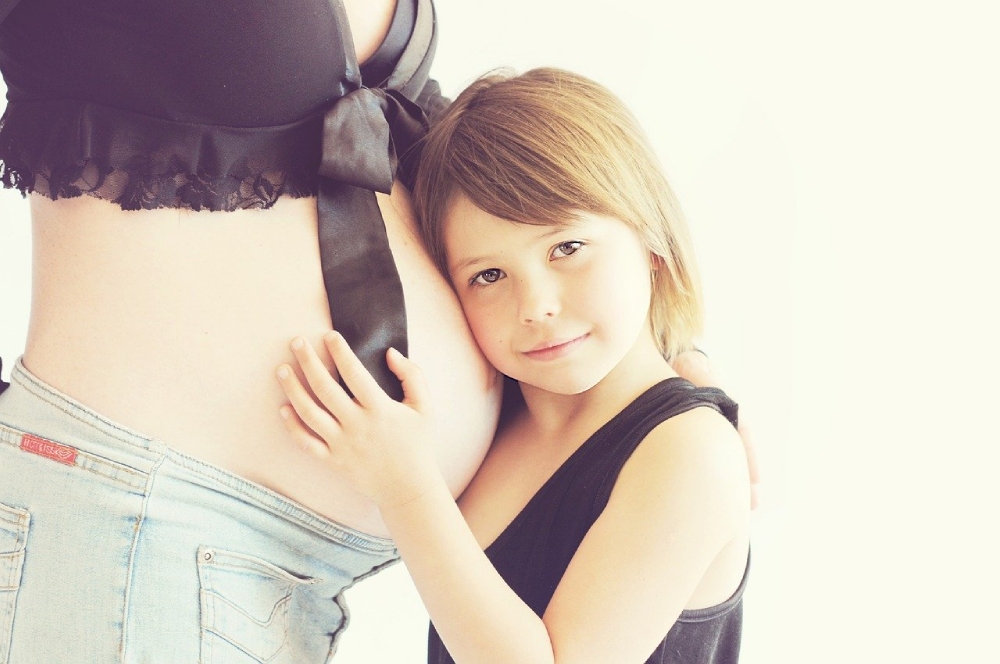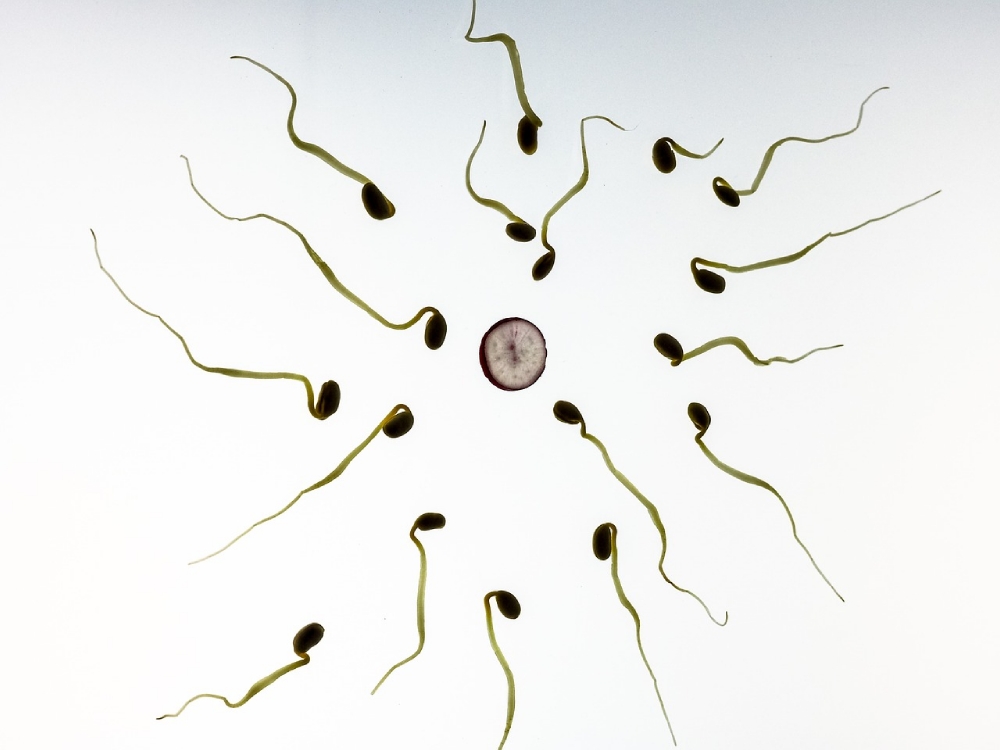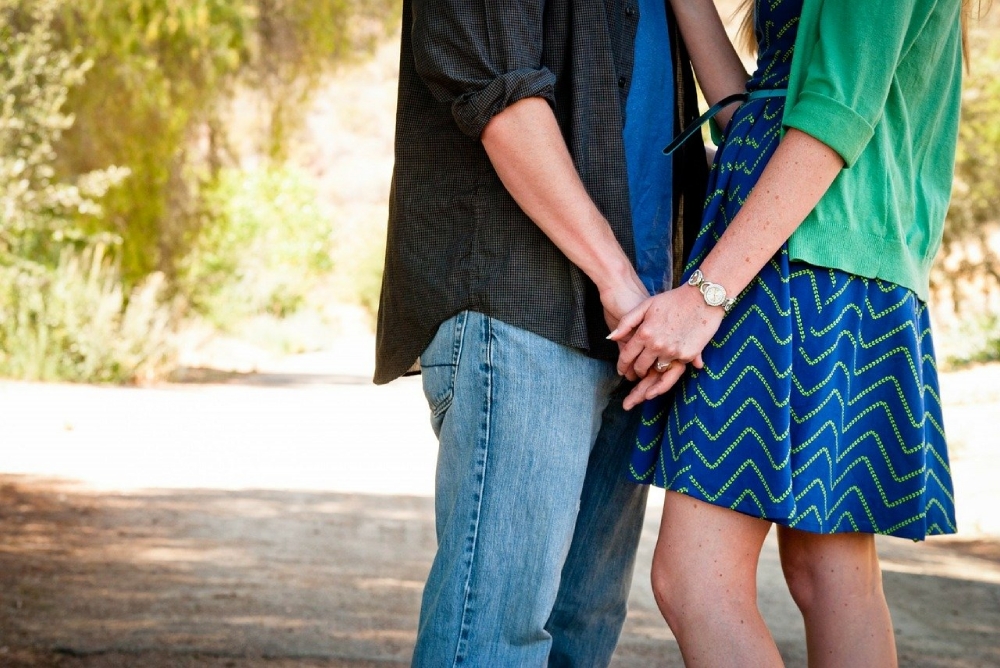Talking about the birds & bees
September 4th, 2020
1062 Views

Many parents wonder when is the right age to talk with their children about sexuality and sexual reproduction. The answer is that it is best not to give one long sermon like we all received when we were younger, but to drip feed the information regularly and often in a way that is age appropriate to your child and at a level that you are confident that they really understand.
Many parents do find this subject an uncomfortable one, but try not to show it! Make conversations as natural as possible and always ask if your child has any questions. A relaxed approach will mean that when your child is a teenager, they will feel comfortable about asking you something that is bothering them. If you have several children in the family, you will find that the younger ones learn far more quickly about the ‘birds and bees’ than their older siblings!
Toddlers love to explore their bodies – including their genitals - but it is necessary to teach them about the right time and place and also that parts of their body are private.
By their second birthday, toddlers will certainly know the differences between the sexes and should understand that gender can be expressed in a variety of ways.
Many parents do find this subject an uncomfortable one, but try not to show it! Make conversations as natural as possible and always ask if your child has any questions. A relaxed approach will mean that when your child is a teenager, they will feel comfortable about asking you something that is bothering them. If you have several children in the family, you will find that the younger ones learn far more quickly about the ‘birds and bees’ than their older siblings!
Starting with toddlers.
This may sound crazy, but between 15-24 months it is the perfect time to introduce the subject, because toddlers take everything in their stride. In everyday conversations you will be teaching them the names of the various body parts and it is important that this includes their genitalia too. Use the correct terms throughout and keep the conversation as natural as possible so that your child feels confident and develops a positive attitude towards their body. Being able to talk confidently about their body will help them to describe any injuries or health problems to you accurately.Toddlers love to explore their bodies – including their genitals - but it is necessary to teach them about the right time and place and also that parts of their body are private.
By their second birthday, toddlers will certainly know the differences between the sexes and should understand that gender can be expressed in a variety of ways.

Before the age of five years.
Most young children love the idea of reproduction and probably have first hand experience of pregnancy either with the arrival of a new brother or sister or another close family member. At this stage, you need only describe the very basics of reproduction (i.e. the joining of the sperm and egg to make a baby) as your child will be much more interested in the pregnancy itself! It is good to explain about fostering and adoption in simple terms at this stage too.It is a good idea to teach your child about other people touching their body and for them to learn that only you can touch their genitals and that no one else should be allowed to see or touch them, because they are private. Children need to learn about hugging other people and how some people are not comfortable with being touched. Your child must learn about personal space – both theirs and other peoples- and also how to tell if people do not want to be given a hug.
Off to school.
Going to school is a big step and it is important that your child is comfortable in the knowledge that there are conventions about nudity and privacy. They should know more about pregnancy and a little more about their own anatomy as they will be exploring their body at this age - which is totally natural but of course should be done so privately. As they get to eight/nine years of age, you can lightly introduce the subject of sexuality in relationships. They must learn not to speak to strangers online or to share intimate photographs. It is really important to ensure that your child knows how to use laptops and mobiles safely. It is a good move to monitor their use of both and to install safeguards and to teach them what to do if they get into an uncomfortable situation.
With puberty on the horizon.
As your child reaches nine years old, they need to learn that they will be experiencing some changes in their body. It is important not to leave this part of your discussions too long, as it is not uncommon for girls to start their periods when they are ten. Girls need to be fully prepared about how to look after themselves and to be really hygienic. Both girls and boys need to know what to expect and to be confident that the changes are totally normal, they both need to know much more about sexual intercourse and pregnancy.Over the next couple of years, you will need to discuss pregnancy, contraception and sexually transmitted diseases further and be confident that your child understands clearly all aspects because at this age they will hear many misleading facts in the school playground - which can lead to confusion and worry.
There are many other topics for valuable discussion including good and bad relationships, more about how to be extra safe online and how bodies and sexuality are portrayed in the newspapers and on television. Guide your child so that they can judge what is right and wrong in these depictions and so they can also appreciate that too much pressure is put on everyone to have super bodies and how damaging this can be.
Discuss topics often, but in a light manner so that your child understands how normal these subjects are. Ask them for their opinion and value it and most of all, respect them for who they are and the pace of learning that they find comfortable as this will give them plenty of self confidence.

Launching into the teenage years.
Try and keep up to date with stories in the press that can trigger discussion and also new products on the market to help your daughter at period times. Chat about safe sex and also the negative impact of alcohol, cigarettes and drugs as it is highly likely your teenager will be tempted to experiment with all of them! They need to know how to handle dating pressures and demands for sex and understanding what ‘consent’ in a relationship means. Help them to appreciate that they do not have to have a sexual relationship if they don’t feel ready and if they do, how to have safe sex. Learning how to end a relationship sensitively and tactfully is a valuable skill to teach them too.The most important point to remember is that if you started talking comfortably about the birds and bees nice and early with your child and they have always been able to ask you anything about sex and relationships, when they are in a difficult situation as a teenager, it will be you that they come to for help….
Chrissie x

